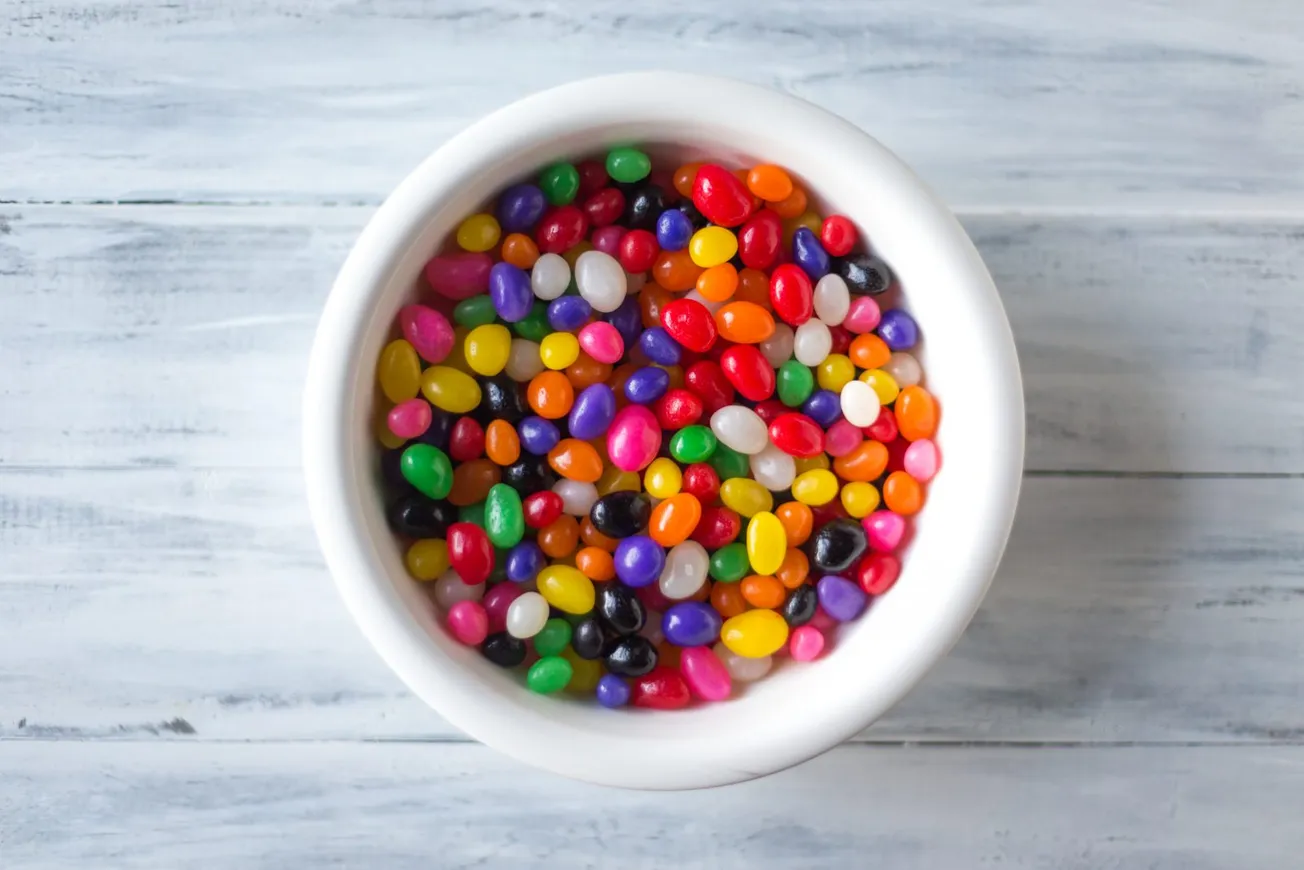Table of Contents
You can understand the temptation. There they are, natural show-offs, suddenly with a live audience of millions and a rare chance to benefit us poor non-showbiz types with their superior wisdom. That special wisdom not gained by serious study or lived experience but by, ahem…playing dress-ups. For, in most cases, millions of dollars.
But perhaps in reaction to Ricky Gervais’ lacerating critique of Hollywood sanctimony at the Golden Globes, Oscar winners and their speeches scaled new heights of pontification this year. The lead sanctimite was Joaquin Phoenix, whose speech, while covering all the Woke bases of gender, race and sexuality, seemed mainly concerned with bovine liberation. Mr Phoenix, in an extreme case of lactose intolerance, blasted the exploitation of cows for their milk: ignorant perhaps that such ‘exploitation’ has been a vital source of nutrition for much of humble non-celebrity mankind for millennia.
Janelle Monáe offered a more focussed commentary with an opening musical number that included the line “the Oscars, it’s so white, it’s time to come alive’. Mr Phoenix and his heifers aside, the chief concern other than the dearth of female nominees in recent years has been the ‘diversity’ problem. This is always code in American life for not enough African-Americans. No one will ever be too worried about the lack of Chinese-Americans or Indian-American best actor nominees.

But is such narrow racial ‘bean’ counting reasonable? And does it tell us anything about the level of racism in a society?
According to the last census, African Americans make up 12.6% of the U.S population. Considering the major acting and directing Oscars, this year there was exactly one acting nomination of someone playing an African American (Cynthia Erivo – who is actually British) out of a field of 20. I spent much of high school maths class trying to engrave ‘ACDC FOREVER’ into my desk top, but even I can work out that that is less than proportionate. However, if we look at the numbers for previous years African-Americans are actually over-represented. In 2016, they garnered 4 out of 20 acting nominations and 1 out of 5 directing nominations (20% for both, in case you are as mathematically challenged as I am). In 2017 it was 3 out of 20 acting nominations (15%) and 1 out of 5 directing (20%). In 2018, 2 acting (10%) and again 1 out of 5 for directing (20%).
So in the three years prior to 2019, in the directing category at least, African Americans who make up 12.6 % of the population received 20 percent of the directing nominations. Pretty close to top of the list of Twitter hashtags we will never see is #Oscardirectorstooblack.
Other totems of success in America get far less scrutiny along racial lines. Perhaps because the data are less conducive to the belief that America is drenched in racism. Professional sport for example. By 2018 numbers, African Americans make up 72.6% of NFL players, with the NBA slightly higher. Or music. For 2016 the five most Grammy nominated artists were all African-American and in 2018 and 2019, 8 out of the 13 best album Grammy nominations were.
Different cultural groupings have different enthusiasms. This can be explained by a raft of factors other than bald racism. Is the world really poorer because the Englishman loves his Shakespeare and cricket and the Black American his basketball and hip-hop?
Besides, if Woke folk really thought this obsession with racial bean-counting, side-lining questions of merit and varying cultural interests, was the remedy for race nirvana in the US they might focus on numbers that matter. For example the percentage of businesses owned by African Americans (7%) or the level of African-American unemployment (5.5% to a ‘White’ 3.4%).
But if they did they might find to their shock and chagrin that all these figures have greatly improved under their nemesis, a certain Donald J Trump.
If you enjoyed this BFD article please consider sharing it with your friends.






